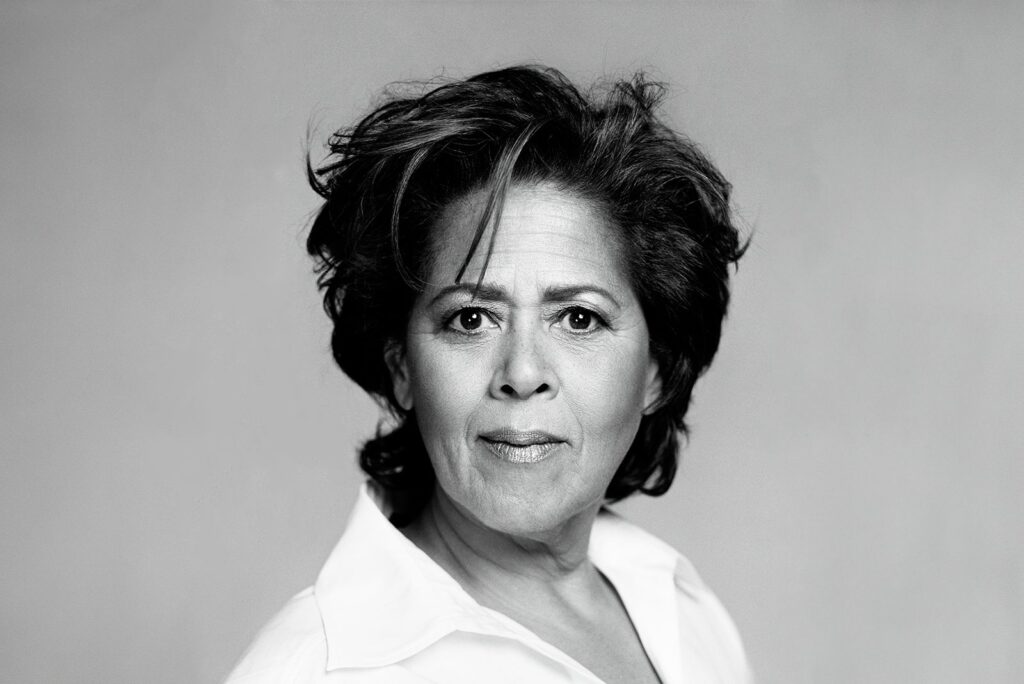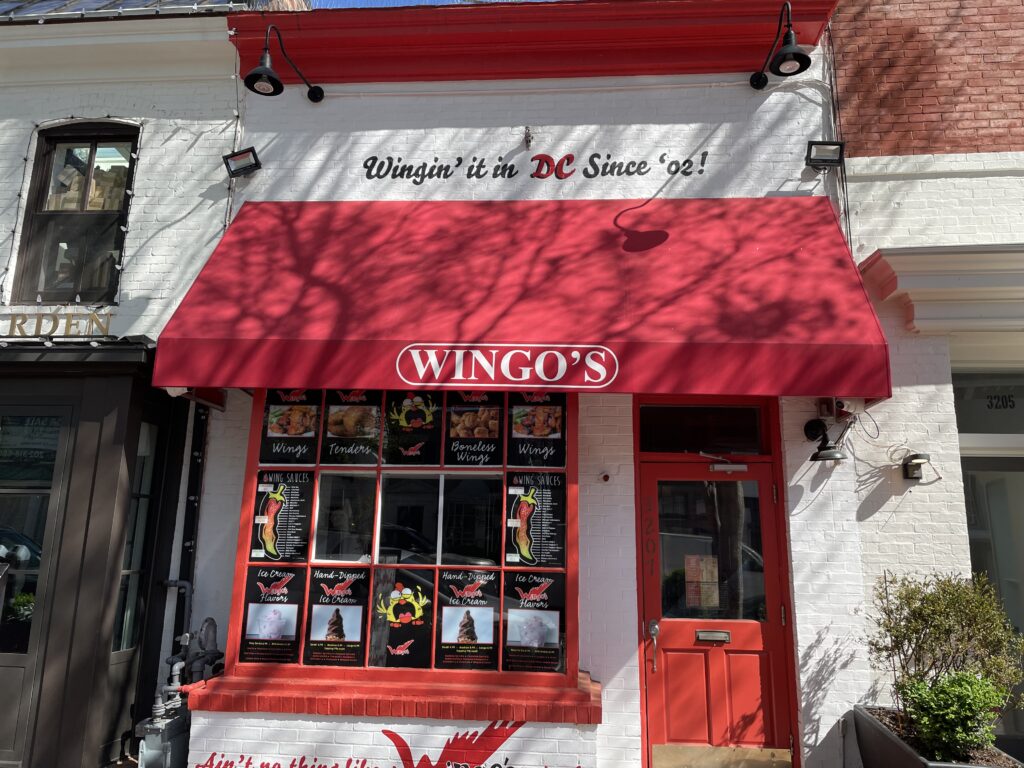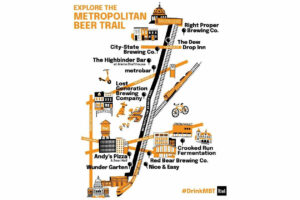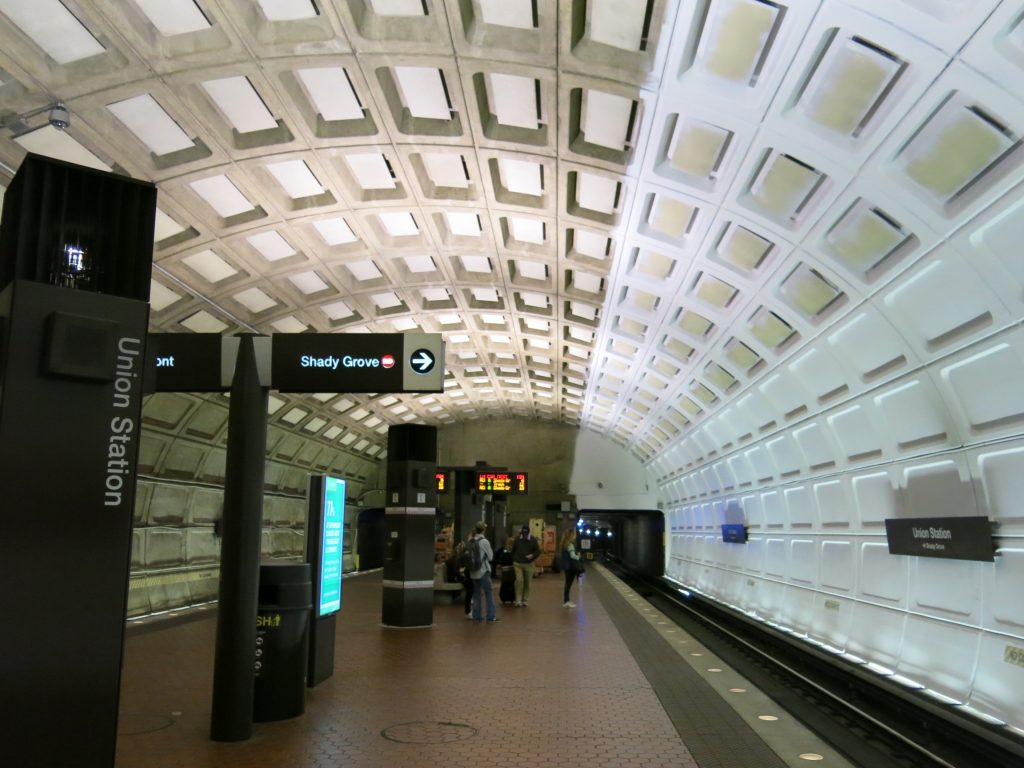
From WMATA:
“Metro General Manger/CEO Paul J. Wiedefeld today proposed a combined operating and capital budget of just over $3.1 billion for FY2019 (begins July 1, 2018) that requires an increase of $165 million over last year’s level of jurisdictional funding support. While protecting customers from fare hikes and service cuts, the plan calls for continued strict management cost controls and increased funding for safety and reliability capital improvements.
“This proposal builds on our success in investing capital to deliver projects that improve safety and reliability, which is critical to winning back riders,” said Wiedefeld. “This budget also doubles down on management cost controls to ensure we have squeezed the value out of every dollar that we spend delivering service to the region.”
The General Manager’s proposed capital budget for FY19 is $1.279 billion, which funds the delivery of the remaining 7000-series cars to replace older, less reliable trains; new buses and paratransit vehicles; and address the backlog of track and structure, rail power, and radio and wireless systems, as well as fund the new preventive maintenance program that supports improved safety and rail service for customers. This proposed budget assumes federal formula and PRIIA dollars continue at historic levels and requires a jurisdictional capital contribution of $787 million, which is $136 million higher than last year’s required contribution.
Funding Current Levels of Bus & Rail Service
The proposed FY19 operating budget of $1.837 billion is less than 1 percent ($12 million) higher than the current budget of $1.825 billion. However, offsetting projected fare revenue losses and expense drivers that are beyond management’s control – including legacy pension and health care costs, mandated paratransit services, and inflation – requires additional management cuts, further reductions in overtime, outsourcing, and increases in parking and advertising revenue.
In keeping with the General Manager’s efforts to limit jurisdictional operating subsidy growth to 3 percent called for in the Keeping Metro Safe, Reliable and Affordable (KMSRA) funding plan released last spring, the net result for the FY19 budget is a requested $29 million increase in local operating subsidy — significantly lower than the $134 million (16 percent) required last year to support the current operating budget.
“There is virtually nothing more we can do of significance to further trim costs without impacting service, which we don’t want to do,” said Wiedefeld. “So as a region we must act now on initiatives like those outlined in our funding plan, to control future operating cost growth. To that end, the Authority will initiate a study to overhaul its bus network, which consists of service routes that have remained virtually unchanged for decades, similar to efforts underway in Houston, Seattle, and Philadelphia. Beginning later this year, the study will examine travel patterns, customer demand, technology opportunities, first/last mile private carriers, and how to more cost effectively deliver regional versus local bus service to riders.
Additional Expenses Not Funded
Not funded in the operating budget, however, are service increases such as a proposed extension of all Red Line trains to Shady Grove (eliminating the Grosvenor turn back), additional staffing for Silver Line phase 2 service, and new bus service. The proposal also includes no wage increases for the workforce, which may later be imposed by an Arbitration panel reviewing the collective bargaining agreement for Metro’s largest union.
Capital Funding and Federal Grants Expiring
While there has been much positive discussion among Metro’s funders, no action has been taken to implement the capital funding recommendations in the KMSRA plan. Therefore, the six-year capital program from FY19-24 does not assume dedicated funding for a $1.5 billion average annual capital program needed over the next decade, nor does it assume continuation of the PRIIA funding beyond its current authorization, as recommended in the Plan. Therefore, jurisdictional contributions to fund Metro are projected to grow significantly in future years to keep the system safe and reliable.”
Recent Stories
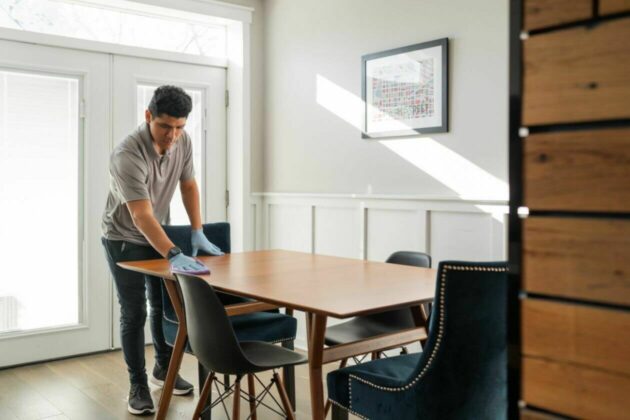
For many remote workers, a messy home is distracting.
You’re getting pulled into meetings, and your unread emails keep ticking up. But you can’t focus because pet hair tumbleweeds keep floating across the floor, your desk has a fine layer of dust and you keep your video off in meetings so no one sees the chaos behind you.
It’s no secret a dirty home is distracting and even adds stress to your life. And who has the energy to clean after work? That’s why it’s smart to enlist the help of professionals, like Well-Paid Maids.

Unlock Peace of Mind for Your Family! Join our FREE Estate Planning Webinar for Parents.
🗓️ Date: April 25, 2024
🕗 Time: 8:00 p.m.
Metropolitan Beer Trail Passport
The Metropolitan Beer Trail free passport links 11 of Washington, DC’s most popular local craft breweries and bars. Starting on April 27 – December 31, 2024, Metropolitan Beer Trail passport holders will earn 100 points when checking in at the
DC Day of Archaeology Festival
The annual DC Day of Archaeology Festival gathers archaeologists from Washington, DC, Maryland, and Virginia together to talk about our local history and heritage. Talk to archaeologists in person and learn more about archaeological science and the past of our


